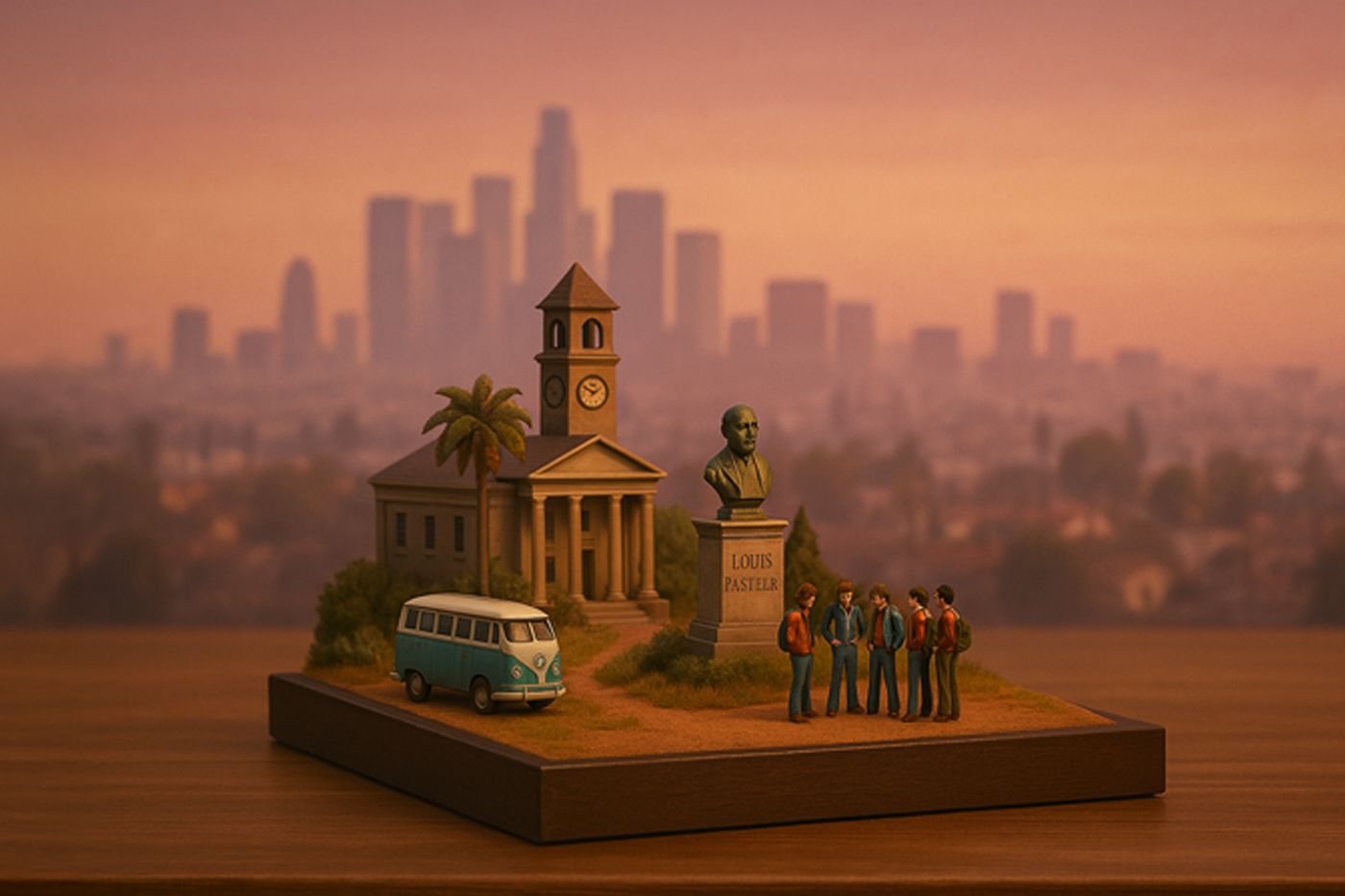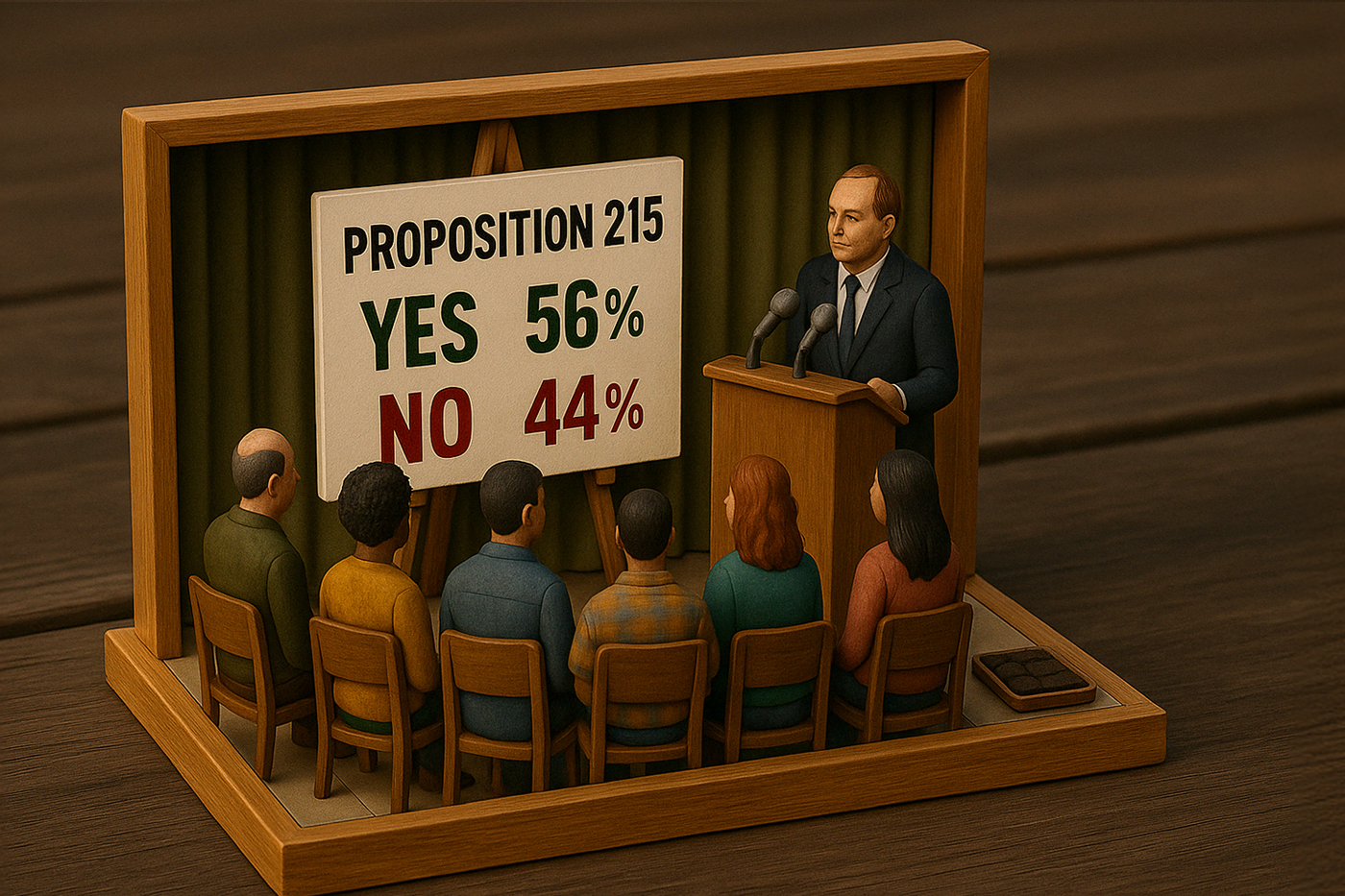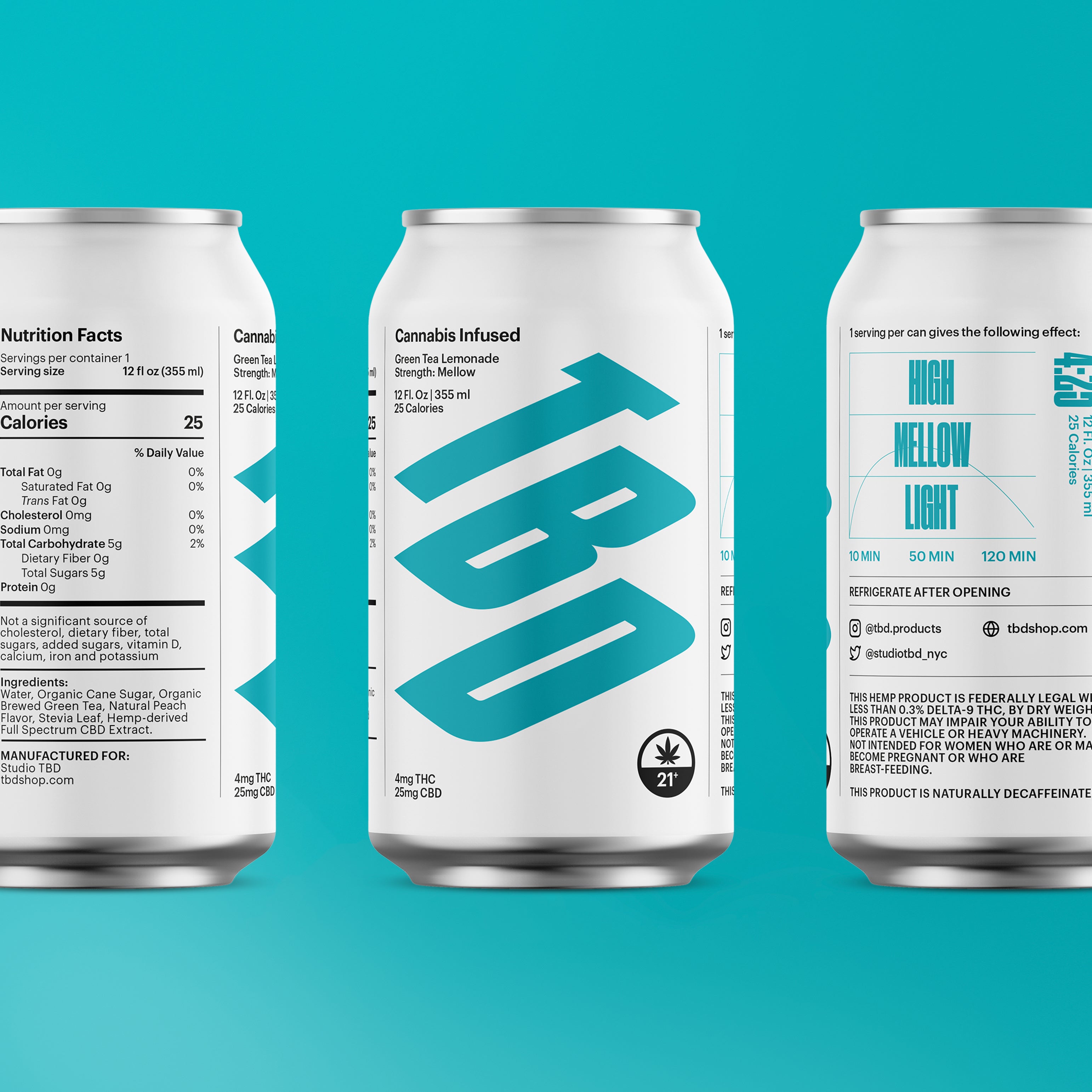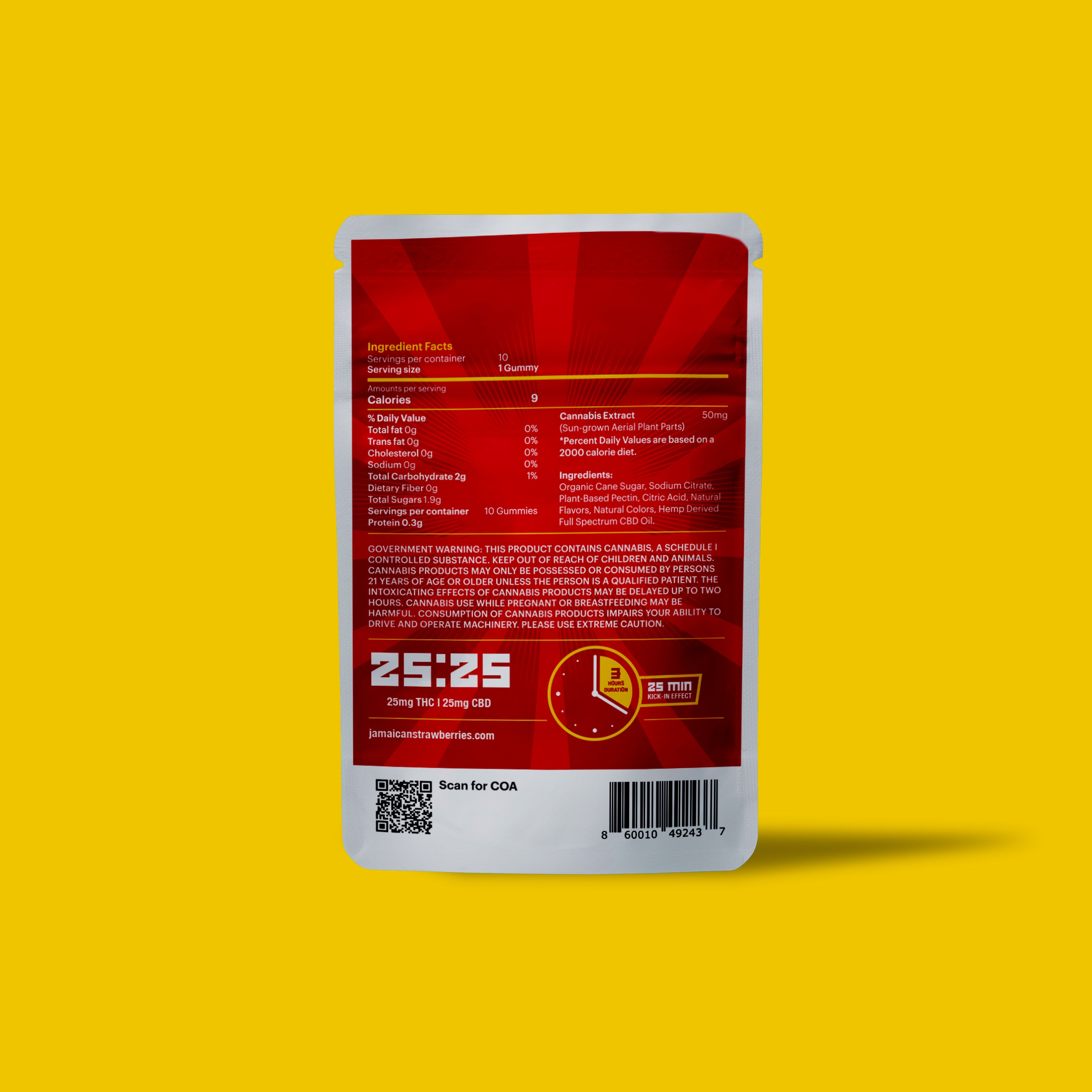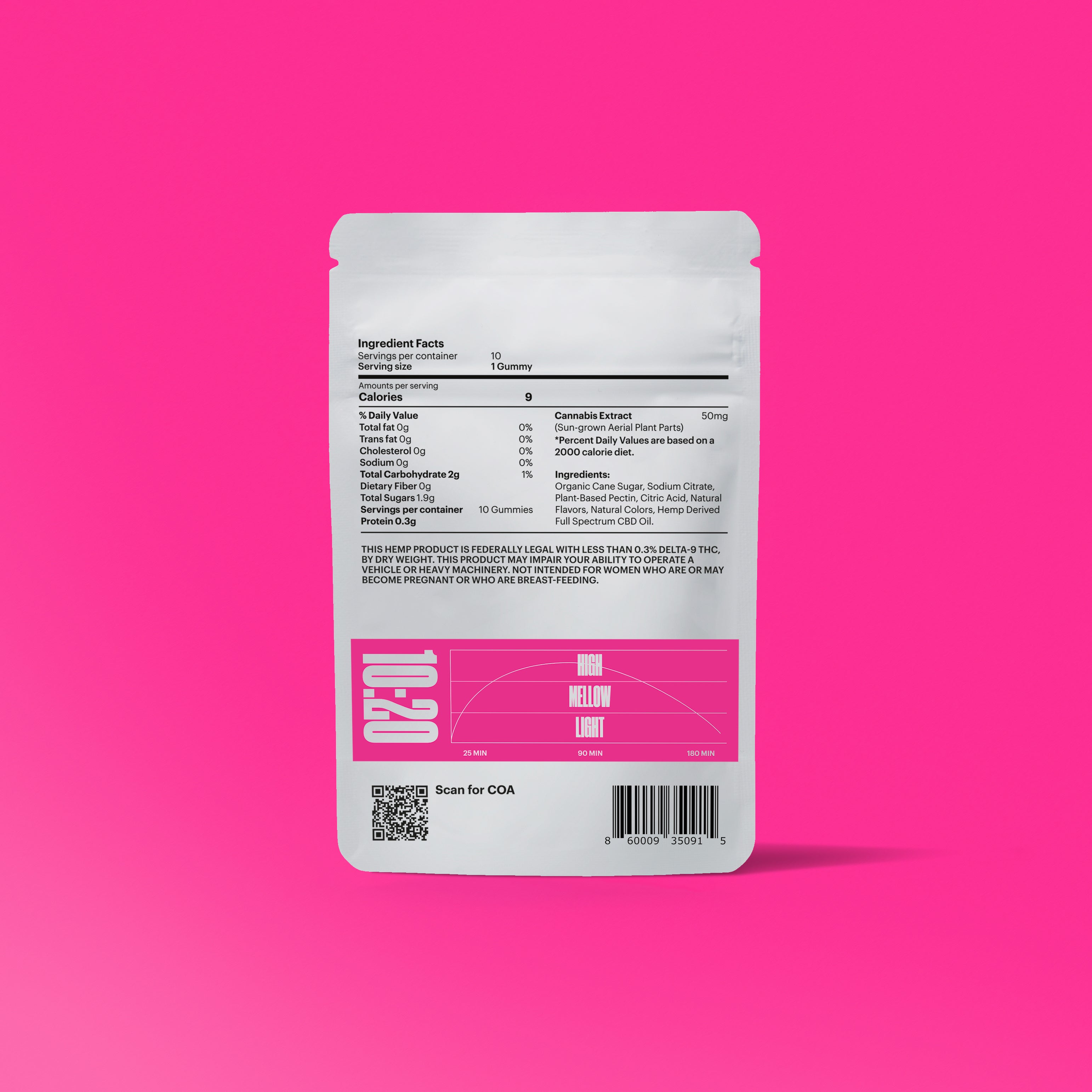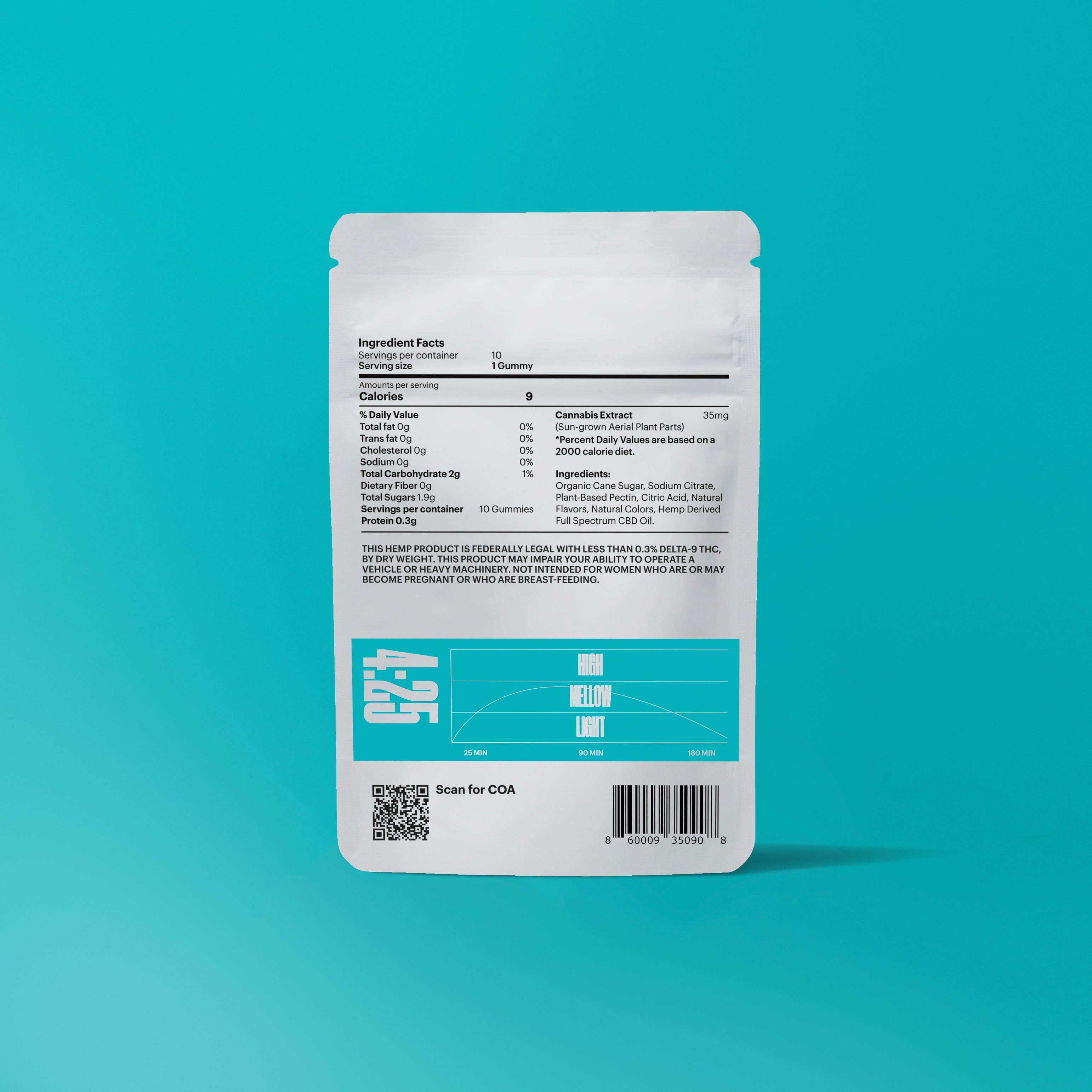How Cannabis Traveled from California’s Underground to the Heart of American Culture
A chronicle in 10 chapters—from borderlands and beat poets to boardrooms and billboards.
 They went north.
They went north.
Off the grid. Off the map. Into the trees.
Not because they were running—but because there was nothing left to stay for. The cities were burning out. The movement had splintered. Peace signs turned into posters. Communes turned into court dates.
They packed what they could. Seeds. Tools. Books with weathered spines. A dog. A guitar. A baby, sometimes.
They weren’t criminals. They were idealists with sunburns and bad knees, still chasing the dream that fell apart in Haight-Ashbury and got lost somewhere between Altamont and Watergate.
They drove north. Past the highways. Past the power lines. Until the roads turned to gravel and the mailboxes started disappearing. Some bought land. Some squatted. All of them wanted the same thing: space to try again.
At first, it was goats. Chickens. Compost piles. Tomato plants in cut barrels.
Then someone grew weed. A few plants, tucked between corn. Just to smoke. Just to trade.
But it worked.

It grew better here than anywhere else. The sun was right. The nights were cold. The soil held water. Ten plants became thirty. Thirty became a hillside, hidden by trees and silence.
By the early ‘80s, a quiet grower could make more in one season than a teacher made in five years.
They didn’t call it the Emerald Triangle back then. But people knew: Humboldt. Mendocino. Trinity. Towns with names like Garberville and Alderpoint started filling with trucks, water tanks, and strangers who didn’t talk much.
They called it Humboldt Mountain, though nobody could say where it started or where it stopped. It wasn’t on a map. It was passed along—like directions to a place you shouldn’t know but might need one day.
The weed changed the dream. Slowly. Quietly. But completely.
They weren’t outlaws. Not yet.
They were growers. Growers that didn’t talk.
***
The rain hit the tin roof like it was settling a score. Cold, steady, loud enough to cover a whisper but not a shout. You could smell the plastic sheeting and diesel from the road if you knew what to look for.
They were mid-season. Maintenance window. No more planting. Not yet harvest. Just guarding what was already growing, fixing what broke, and praying the helicopters stayed busy elsewhere.
Three of them on-site. Enough to hold the line if nothing went wrong. Not enough if it did.
Tucker was in the trench again, resealing the PVC. Said the last storm had kicked the cap loose and made the dirt sink funny. Inside the pipe: $40K in hundreds, rolled tight and vacuum-sealed. Not for spending. For disappearing.
He was sixty-something and shaped like a rockslide. Grew his first plants under Carter and never got out. People said he used to run hash down to Baja, but Tucker never said much. Just kept digging.
Milo was his nephew. Mid-twenties. Lean, nervous, always checking the same gauges twice. He’d come up from L.A. the year before, sick of selling ounces to kids who asked too many questions. Now he was on fuel duty, watching the generator and trying not to flinch when it coughed.
Reyes sat under the overhang. Quiet. Third chair in the crew. Nobody’s blood. Ex-something—Army maybe, but he never said. Colt AR-15 Sporter across his lap, cleaned every night, magazine full of .223. He watched the treeline like it owed him money.
The field behind them was tight. Four rows, eighty plants, topped early and trimmed hard to keep them under the canopy. Drip lines strung low. Half a tarp sagging from the last windstorm. It wasn’t pretty, but it would pull weight. If it lasted.
Then came the sound—faint, low, familiar. Rotor wash, bouncing off the ridge two valleys over. Could’ve been fire patrol. Could’ve been CAMP. Could’ve been something worse.
Reyes didn’t move. Just shifted the rifle on his thigh and said, “That ain’t wind.”
Milo didn’t answer. Tucker didn’t look up.
They all carried. Tucker had a Remington 870 behind the cot. Milo kept a Smith & Wesson Model 19 in the ammo crate, hammer half-cocked. Reyes had the AR and two more mags in his jacket.
Nobody wanted a fight. But nobody was unarmed.
If it came to it, they already knew who’d run, who’d shoot, and who’d still be sitting there when the rotors passed low over the trees and didn’t turn around.
***
By the late ‘80s, the Triangle wasn’t just growing weed.
It was feeding the country.

Nobody knew the real number. Sixty, maybe eighty percent of America’s domestic supply. Maybe more. No one kept records. You didn’t weigh the shadow. You just moved through it.
Plots stretched across ridgelines and riverbeds. Backyard gardens behind fake greenhouses. Full-blown hillside operations with buried water tanks and sniper lookouts in the trees. Plants big enough to shade a man. Fences that kept out more than deer.
In Garberville, Redway, Alderpoint, the money moved in quiet circles. Garden hose sold by the mile. Water pumps sold before they hit the shelf. Kids grew up learning how to carry cash in bundles and how to lie without blinking.
Every storefront wore a disguise. The diner sold pancakes. The back room sold generators. The post office moved more vacuum-sealed pounds than holiday cards. Nobody called it laundering. Nobody called it crime. It was the economy.
It wasn’t counterculture, or even culture, anymore. It was infrastructure. Low-tech. High-yield. Completely off the books.
People built cabins with no permits and grow rooms with no addresses. No one advertised. No one posted photos.
They grew bigger. They grew smarter.
And they didn’t say a word.
***
This was a CAMP detail—state-sanctioned, federally assisted, and soaked through by 5:00 a.m.
The rain had eased but the mud didn’t care. It clung to boots, soaked through socks, crawled up cuffs like it was alive. Two olive-green tents sat pitched in a shallow cut near Panther Gap. Wind shook the flaps. One of them had a tear duct-taped shut from the last storm.
Inside, it smelled like wet nylon, diesel, and freeze-dried eggs.
A red lamp hung from a center pole. It cast just enough light to see the map spread across a plastic table. Thin paper. Two corners curling from moisture.
The veteran—Rhodes, mid-forties, neck like a dock piling—was circling a spot on the southeast slope with a felt-tip marker. “Hot zone,” he said. “We caught a heat bloom there just after dusk. Probably a generator.”
His Beretta 92 sat holstered on his hip. The AR-15 was on the cot behind him—safety on, magazine seated. It was there because last time, the guys with the plants had bigger guns and shorter patience.
He didn’t expect to use it.
He just wanted to walk back out.
The rookie stood across from him, squinting at the thermal printout. He still wore his vest like a new suit. First season on rotation. Still said things like “sir.”
He pointed at the map and asked, “What if there’s a family?”
Rhodes didn’t answer right away. He kept marking spots—possible campsites, creek crossings, burn pits.
Then: “We’re not here for the family.”
He didn’t look up from the rifle when he said it.
Three other men stood near the radio—one DEA, two county task force. Shotguns racked along the tent wall. Radios hissed with broken coordinates from the command post in Redway.
Everyone moved slow. No one joked.
They didn’t expect resistance.
But they geared for it.
Everyone had heard the stories.
The tripwire. The pit bull with a vest.
The grower who didn’t freeze when told.
They didn’t talk about that out loud.
They just circled the map, packed their gear, and checked each other's safeties like it was math.
***
Then came the cavalry.

In 1983, California formed CAMP, the Campaign Against Marijuana Planting. The state sent helicopters, dogs, and armed men into the hills. They flew low over the trees and dropped into grow sites with rifles and machetes. The plants were cut, dragged out, and burned in open pits. The smoke settled on the branches like fog. You could smell it from town.
Growers adapted. They buried water tanks in ravines. They strung irrigation lines through oak and manzanita. They scattered decoy plots near trailheads and saved the real ones for the dense canopy. Some posted lookouts on ridgelines with binoculars and radios. Others didn’t bother. They just moved every season.
In 1990, the federal government escalated. Operation Green Sweep brought soldiers into the King Range near Petrolia. Blackhawks moved in and out of a makeshift forward base tucked behind the ridge. Roadblocks went up in Honeydew and at the mouth of Wilder Ridge Road. Agents swept the canyons above the Mattole River, dragging out plants by the armful. They seized equipment. They questioned locals. They didn’t bring warrants.
The troops were from Fort Ord—infantry, trained for war. They wore camouflage and carried sidearms. This was the first time active-duty military had been used in a domestic drug enforcement operation. Some carried M16s. Others carried zip ties.
In Redway, the diners emptied when the helicopters passed low. In Garberville, people drove with their IDs on the dashboard. In Alderpoint, they burned what they couldn’t move.
The newspapers called it eradication. In the hills, they called it something else. But mostly, they didn’t call it anything at all. They kept quiet. They watched the tree line. And they listened for the sound of rotors.
***
Inside the shed, the floor was swept. Nails in the wall where tools had been. Power strip unplugged but still swinging.
There was a child’s drawing tacked to the fridge with a rusted clip. Two stick figures. One dog. One sun.
And on the backside of the hill, one pair of bootprints running—not walking—into the tree line. Deep at the heel. Kicked-up brush still wet. Maybe five minutes old.
The rookie found them and didn’t say a word. He just held up a hand and pointed once, then kept walking. Shoulders tight. Finger on the trigger guard. Eyes moving now like he’d been here before.
No shots. No bodies. No plants.
The weed had moved days ago.
The last man left minutes ago.
And they all knew it.
The dogs stopped pulling. The team moved slower. No one said “clear.” No one said “good work.” They just stood in the quiet and let the realization settle in.
They hadn’t missed.
They’d been watched.
And no one knew how to feel about that.
Not relief. Not regret.
Just the uneasy sense that the mountain always ran five minutes ahead—
and that maybe they hadn’t been chasing hardened criminals at all. Just people turned hardened criminals by the chase.
***
The towns in the Triangle didn’t advertise.
But they all knew.

Gas stations had “cash only” signs that never came down. Post offices stocked flat-rate boxes by the truckload and never asked where they were headed. At the hardware store, irrigation tubing came in by the pallet. Nobody planted tomatoes in October.
The banks weren’t local. The lawyers were never bored. The libraries had new roofs and fast computers but no story hours for children. The schools had bad test scores and good parking lots. Everyone had a side business. Nobody filed taxes on time.
Garberville got quiet when strangers walked in. Redway stayed open late but locked the back doors. Alderpoint didn’t ask names, just whether you were expected.
It wasn’t polite to ask what someone did for a living. But you didn’t need to.
You could tell by the truck. By the silence. By the way they watched the sky when they stepped outside.

***
The drive down was the same as last time—same turns, same twitch in his neck when he passed the weigh station outside Paso. But there were more cruisers this time. More static on the scanner.
He didn’t speed. He didn’t talk. The radio stayed off. The bags sat zipped and heavy in the back seat like quiet passengers.
Three duffels this time. One black, two olive green. Just under twenty-five pounds total. Purple Gas and a little Big Sur Kush—tight trim, good nose, flash-sealed with the corners folded clean. The kind of weight that could put you in prison or college, depending on who pulled you over.
He checked into the motel under a fake name and paid cash for one night. The guy at the front desk didn’t look up once. Room 108. Far corner. Window facing the lot.
He showered. Checked the peephole. Waited.
The knock came just after ten. Two short, one long.
He opened the door and stepped back.
The buyer came in quiet. Same guy as before. Windbreaker zipped, ball cap low. No eye contact until both men were inside and the door locked behind them.
He’d sold to this guy before—three, maybe four times. It had always gone clean. No drama. No stories. But that just meant the odds were better, not perfect. The gun was on the desk, half-covered by a folded map. Close, quiet, no showmanship.
The bags were already on the bed. He nudged one open with a knuckle.
“Purple Gas,” the grower said. “Big Sur on the side. Pulled tops. Four-week cure. No shake.”
The buyer bent slightly, ran a thumb along one brick through the plastic. Gave the faintest nod. Then he set his own duffel on the bed. Larger. Black canvas. Tight as a drum.
He unzipped it halfway. Cash, shrink-wrapped in fours, stacked and banded. No counting. No words.
They each picked up the other man’s bag and zipped it closed.
“That’s it?” the buyer said. Not skeptical—just confirming.
“That’s it,” the grower replied.
No handshake. No thank you. Just a turn, a door click, and the hallway swallowing the sound of boots on carpet.
He waited a full five minutes. Then he grabbed the motel’s scratchy bedspread, wrapped it around the duffel, and left through the back.
Nobody stayed long.
Especially not when the weight was gone.
***

The weed left the hills in silence. No manifests. No receipts. Just duffel bags in truck beds, tucked beneath tarps and tools. Drivers took back roads through Willits, Ukiah, and Cloverdale, avoiding the main highways.
In Oakland, stash houses operated behind locked gates. In Los Angeles, it moved through freight corridors and side streets near the warehouses. From there, it went east. Some loads headed north to Portland. Others ran south, then across the desert toward Arizona and Texas.
They used rental vans, box trucks, and private cars. Some hid it in furniture shipments. Others packed it into hollowed-out appliances. Cash came back the same way—vacuum-sealed, buried beneath false panels, stashed in spare tires or taped under floorboards.
By the time it reached Chicago, Atlanta, or New York, the trail was cold. No names. No fingerprints. Just product one way, money the other.
The hills stayed quiet. The towns stayed small. But year after year, it moved—out of the woods, through the cities, across the country.
No labels. No fingerprints. Just weight.


